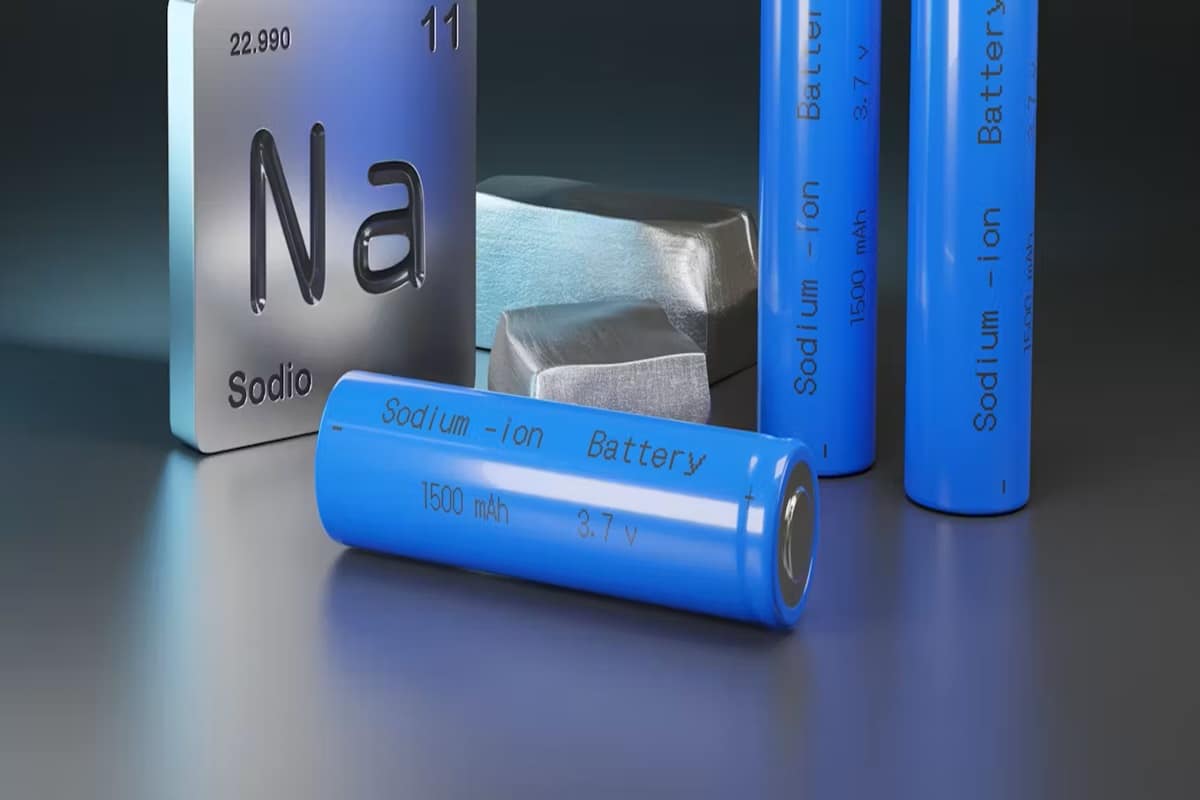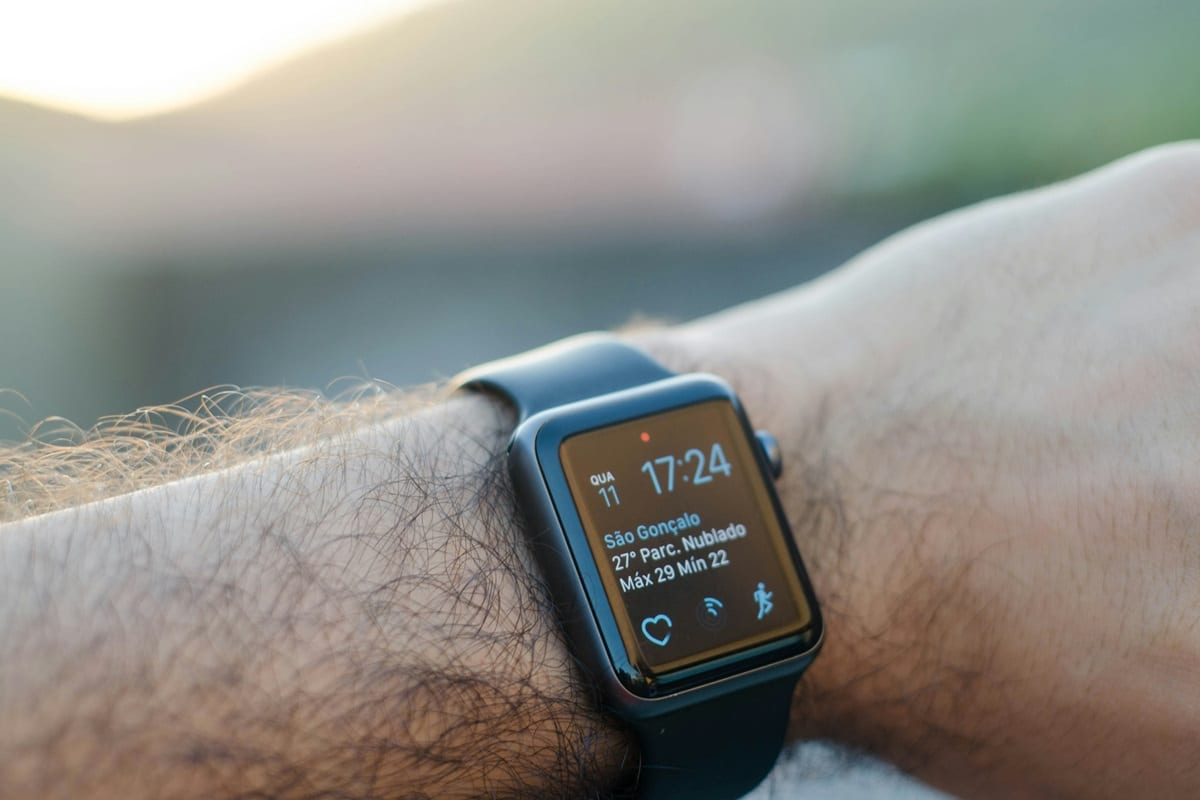As the world continues to adapt to the fast-paced advancements in technology, the race for 5G development has been a top priority for tech giants. With its promise of lightning-fast speeds and seamless connectivity, 5G has captured the attention of consumers and businesses alike. And amidst the ongoing global rollout of this revolutionary technology, tech giants such as Apple, Samsung, and Huawei are ramping up their efforts to stay ahead of the competition.
The development and implementation of 5G have been a long time coming, with discussions and trials dating back to 2017. However, it wasn’t until 2019 that the world saw the first commercial 5G networks launch in select cities. Since then, the demand for this technology has only grown, with 5G networks now available in over 35 countries worldwide and more expected to join the fray in the coming months.
One of the primary reasons for the rapid acceleration of 5G development is the increasing demand for high-speed internet and improved connectivity. With the rise of remote work, online learning, and streaming services, the need for faster and more reliable internet has never been more apparent. 5G, with its potential to provide speeds up to 100 times faster than 4G, has the power to transform the way we use and interact with technology.
In response to this growing demand, tech giants are investing significant resources in developing and implementing 5G technology. Apple, for instance, recently announced its first 5G-enabled iPhone 12 lineup, marking their entry into the 5G market. The company also unveiled their new A14 Bionic chip, which they claim is the fastest chip ever in a smartphone, designed specifically to support 5G capabilities.
Similarly, Samsung has been at the forefront of 5G development, with the company releasing its first 5G smartphone, the Galaxy S10, in 2019. They have continued to expand their 5G offerings, with the recent release of the Galaxy Note 20 and the Galaxy Z Fold 2, both equipped with 5G capabilities. The company has also been working closely with network providers to ensure the smooth rollout of 5G networks in countries such as the United States, South Korea, and the United Kingdom.
Not to be outdone, Chinese tech giant Huawei has also been heavily invested in 5G development. The company has been a pioneer in 5G technology, with their own 5G chip, the Kirin 990, and their own 5G infrastructure equipment. However, their progress has been hindered by the ongoing trade war between the United States and China, resulting in Huawei being banned from supplying 5G equipment to several countries, including the US, Australia, and the UK.
Despite these setbacks, Huawei has continued to push forward with their 5G development efforts and has even signed contracts with a few countries to build and supply 5G networks. This has raised concerns among other tech giants and governments, with fears of potential security risks associated with using Huawei’s equipment. As a result, many countries have been looking for alternative providers for their 5G infrastructure, opening up opportunities for other tech giants to step in.
While the rollout of 5G has been a global effort, there have been some challenges along the way. The COVID-19 pandemic, in particular, has caused delays in the deployment of 5G networks and the production of 5G devices. However, tech giants have adapted to the situation, with many implementing remote work policies and finding innovative ways to continue their 5G development efforts.
In conclusion, the global rollout of 5G has been a collaborative effort from tech giants around the world, with each company striving to outdo the other in terms of speed and efficiency. As we continue to see the rapid development and deployment of 5G technology, it’s clear that this is only the beginning of what this revolutionary technology has to offer. With


